
Normally, even in a crowd, it is easy to spot a novice investor who has invested in equities as compared to his counterpart who has invested in fixed income securities. While the fixed income investor is timid and keeps a low profile, the equity investor struts about and has an air of superiority about him. He knows that he is a bit of a dare-devil and is risking his precious capital by investing in stocks. He also believes that he has a superior intellectual framework which will help him home in on mega-baggers and walk on the same path as the living legends.
However, the savage sell-off in equities over the past few weeks has turned the tables somewhat. Now, it is the fixed income investor who is strutting about while the equity investor is keeping a low profile.
The confidence of the equity investor is already at an all-time low. It has now received an irrecoverable body blow due to the grim pronouncement of R. Sivakumar, the ace fund manager with Axis Mutual Fund.
Sivakumar has impeccable credentials. He has mastered the fine art of investing in fixed income securities. He manages a mammoth portfolio of Rs. 23,000 crore and so one can be sure that he knows what he is talking about.
In his latest interview to Forbes India, Sivakumar has dropped the bomb shell that bonds have not only out-performed equities in the short-term but even over the medium term of five years and long-term of 21 years, bonds have delivered higher returns than stocks.
Sivakumar explained his point in pithy words “Over 21 years, bonds have actually outperformed equities. If you break the last 20 years into five-year periods, you will notice that in two periods, equities have outperformed. In the other two periods, bonds did well. Between 1995 and 2000, bonds returned 14.8 percent and equities gave 6.8 percent; between 2010 and 2015, bonds returned 9.2 percent and equities returned 5.3 percent.”
Sivakumar added that the belief amongst rank and file investors that equities outperform bonds is based on a misconception. He pointed out that the reality is that while over the long term, bonds and equities give equal returns equities carry a huge failure rate which doesn’t get captured in the data on returns. This makes them a worse investment option as compared to bonds, Sivakumar said.
The bottomline of Sivakumar’s advice is that investors should always have a “diversified” portfolio in which there is proper allocation given to all assets classes such as equities, debt and gold. “You have to be seriously unlucky to lose money if you are invested in these three asset classes equally” Sivakumar added with a chuckle in his voice.

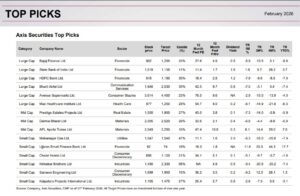
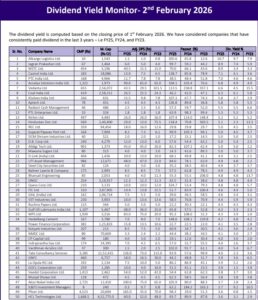
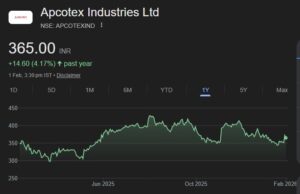
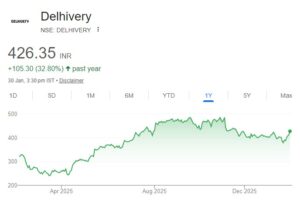
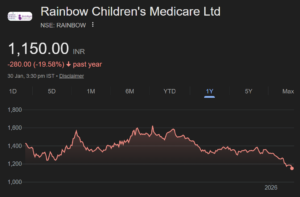
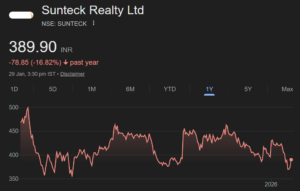
Howcome, then, we do not have crorepati investors who made their crores investing in bonds and debt funds?
RJ, Ramesh Damani, Prof Bakshi, and the rest should have had counterparts in the debt arena. No?
RJ, WB etc became rich because of some special stocks they bought which outperformed the general market. RJ is a gambler.. WB made money because of other people’s capital he received through insurance business and not compounding his own cash.
Agree, equities as an asset class are very broad. Also the frame of reference is important. A brief e.g. Sensex moved from around 6500 to 9000 within a year. Mid cap and small caps actually did better. Then equities easily outperformed fixed income. You cannot choose your own reference frame and benchmark index and say one is better than other.
In equities, whenever the returns are low the dividend yield is high, sometimes upto 5%. Considering that the dividends are reinvested instantly into the portfolio, the returns would be much higher than the market indices and very much higher than the returns calculated by these debt fund managers.
In equities, whenever the returns are low the dividend yield is high, sometimes upto 5%. Considering that the dividends are reinvested instantly into the portfolio, the returns would be much higher than the market indices and very much higher than the returns calculated by these debt fund managers.
Let me explain one thing ok. Bonds as a fixed income works only if you have a large wealth investment. Otherwise you are going to make enough money to eventually buy a meal at a Dhaba. For some this may be sufficient, but for most it is not. Equities is the only asset class where the POTENTiAL return is open ended. Meaning if you want 100% return then it is easy. What is difficult is picking the right stock. And as buffet has said, if you have conviction and TIME, then the hardest factors are negated. So bonds may be great once you have succeeded in the stock market, but as a starting point it is simply a waste of your time.
What is important is to look at what is he counting as “Equities” as ! I guess thats benchmark indexes. However one has to understand that secular growth companies have out beaten any asset class be it bond or real estate. So, the odea is to find those multibaggers.
Agree with Megabagger. Pick the right stock and you gain like you can never in bonds.
I am investing for last more than 25 years.In my view making money in equity is not much more difficult than it is advertised. With my experince I can say that you can make money if you invest in fundamentaly good compnies with some growth in sector leaders ,preferable young leaders.You can not time the market , but you can make good use of down fall and resisting buying at over priced levels when market are booming,also give time to performing stocks and kick out non performers after atleast three to five years underperformance to Sensex..Also it is necessary to keep cash between 10 to 15% to grab any opportunities, although I failed on this point of keeping cash as during boom I feel left out with cash.May be next time .
Pl read making money is much more difficult than advertised.
Is Shiv Kumar talking of Indian Market or more likely American Markets. He has not provided any data ,chart or Graph to support his view.